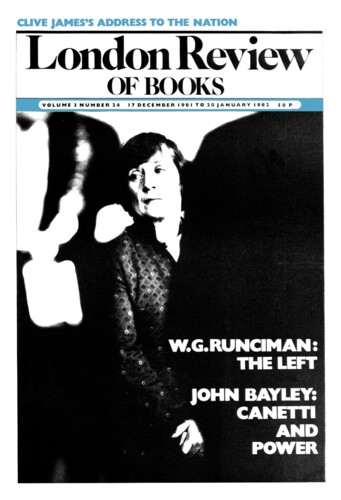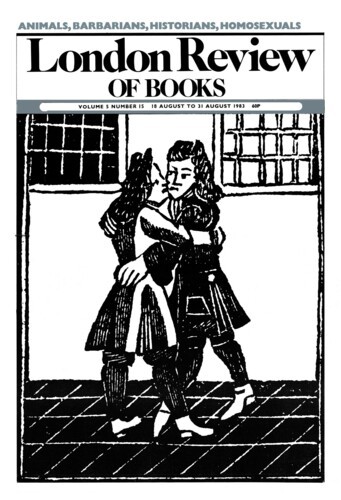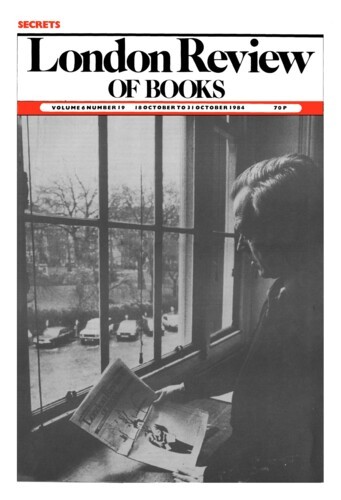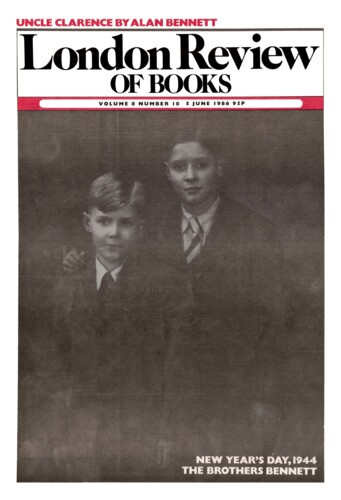The Will and the Body
David Pears, 17 December 1981
In the last twenty-five years there has been increasing interest in the philosophy of action, and many different theories have been put forward. The revival of this subject had several causes. If we are going to impute responsibility to agents, we need to know what action is, what makes it voluntary and what makes it intentional. So ethics and the philosophy of law have promoted interest in these questions. They are also worth investigating for their own sakes simply in order to find out the truth of the matter. Wittgenstein treated them in this way when he was working on his first book, the Tractatus Logico-Philosophicus, and his answers, enigmatic but fascinating, reflect the ideas of Schopenhauer, However, it was his later work that gave a real impetus to the philosophical analysis of action, and in it his special concern was the connection between intending and meaning. There are also earlier influences discernible in recent philosophy of action, and some of the theories that have been proposed go back to Aquinas and Aristotle.





